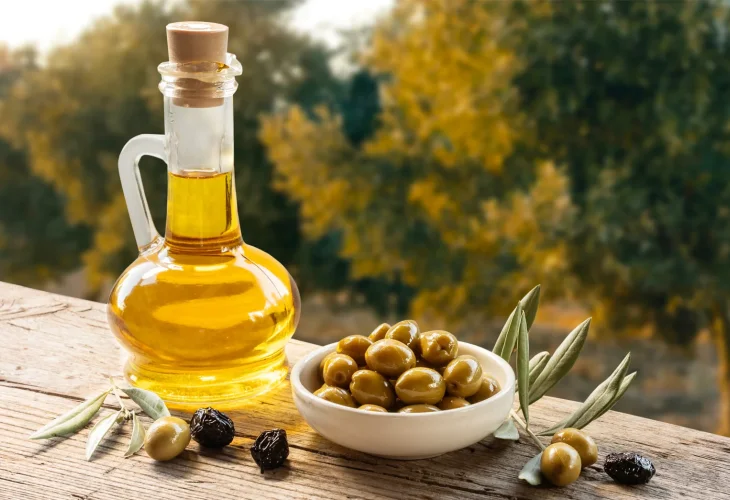Debunking the Myth: Is Olive Oil Really Not Suitable for Frying?
You've probably heard that olive oil isn't recommended for frying. But before you decide to skip it, check out this new research.
 (Photo: shutterstock)
(Photo: shutterstock)Many of us have heard that olive oil isn't recommended for frying. The claim is that at high temperatures, it loses its nutritional value and might release harmful substances. This belief is common especially among chefs who consider extra virgin olive oil (EVOO) primarily suitable for cold dressings. However, recent studies challenge this assumption, showing a different picture: olive oil is actually resistant and stable at high temperatures and is not harmful when used for frying. This research was published on the Olive Oil Times website, which focuses on studies and professional information about olive oil and its industry.
A study conducted in Australia by scientists compared the stability of EVOO to other vegetable oils like canola oil, coconut oil, sunflower oil, and rice bran oil. The findings revealed that extra virgin olive oil is the safest and most stable for use at high temperatures, producing a minimal amount of harmful polar compounds that are formed as a result of heating oils. These polar compounds are substances that accumulate due to exposure to high heat and can cause health damage when consumed in large amounts.
The research found that canola oil, for instance, produced more than 2.5 times the amount of polar compounds compared to extra virgin olive oil, and almost twice as much as refined olive oil. This is due to the process by which canola and other refined oils lose their resilience in high heat conditions, making them less healthy for frying compared to olive oil.
The researchers examined not only the amount of harmful compounds but also the level of stability and degradation of each oil, discovering that extra virgin olive oil remains stable at high temperatures of up to 210 degrees Celsius. Contrary to popular belief, using olive oil does not significantly damage its nutritional properties even during prolonged frying, and an additional advantage is the high levels of antioxidants naturally present in it.
There's a reason why bottles of olive oil are often dark in color – their purpose is to protect the oil from oxidation. Light and oxygen are factors that accelerate decomposition processes, so when olive oil is stored in a dark bottle and in a shady place, its qualities can be preserved for a longer time.

